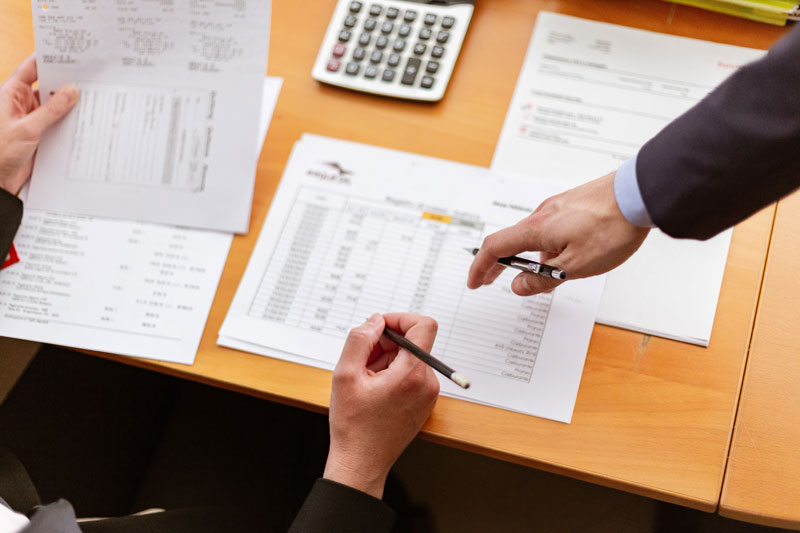Assets purchased for business purposes are reflected on a balance sheet, and how these assets are depreciated can have a significant impact on your overall business valuation. For this reason, its crucial to understand how assets valuate and depreciate and how this impacts your business.
Asset Depreciation
Businesses often purchase assets and expenses. Expenses include things that are used up within a year during the course of doing business, such as office supplies. Assets, on the other hand, are more substantial items that will be used by your business over a much more extended period. Assets can include computers, machinery, property, and any other long-term items that may be necessary for you to conduct business.
These items do not hold their initial value but will lose value during the course of their business use. Evaluating depreciation is an accounting method of allocating the cost of a physical asset over its useful life. Depreciation is often calculated differently for both tax and accounting purposes.
Business Valuation
Asset valuation and depreciation is a part of the overall business valuation process, or the process of estimating the total worth of a business by calculating the value of the company’s assets against its liabilities. Business valuations are necessary for many reasons, including investment analysis, capital budgeting, financial reporting, divorces, and determining tax liability for estates or gifts. These valuations are also needed during mergers and acquisitions or litigation.
The Impact of Asset Depreciation on Business Valuation
There are several methods for calculating asset depreciation or determining the current value of an asset. The method that is used can have an impact on the business’s overall valuation.
- Straight-line depreciation: splits an asset’s value evenly over its anticipated useful years.
- Double-declining balance method/Sum-of-the-year’s digits depreciation: both of these methods allow accelerated depreciation so that most of the purchase price can be written off earlier in its life.
- Units of production method: the amount of depreciation is dependant upon how frequently the asset is used.
Calculating depreciation in this manner assists in providing you with the book value of the asset, which may not necessarily be a figure that corresponds with the asset’s fair market value. However, it is still frequently used as the indicator of the asset’s value during business valuations. Since several accounting methods for calculating depreciation allow for accelerated depreciation schedules, these assets will have very little value on the books after a short time, even when the asset may have substantial time left on its anticipated useful life.
At times, it may still be advantageous for a company to use an accelerated valuation and depreciation method to recover more of the asset’s value upfront, such as new businesses that have many initial expenses. At other times, it may make more sense to depreciate the asset gradually to allow for increased book value during a business valuation. Ultimately, how evaluation and depreciation is calculated can have a significant impact on how a business may be valued at any given point in time. It’s imperative to understand how each type of depreciation will impact your business so that you may select the best one for your specific circumstances.
A full-service Certified Public Accounting Firm located in Denver, CO Shuster & Company, PC provides quality, personalized financial advice and guidance to individuals, businesses and the legal community. We offer an extensive range of services, with emphasis in forensic accounting, divorce consulting, business valuation, and litigation support.


